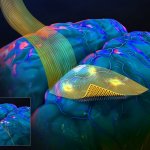
News • For better contact
A flexible brain-computer interface array
A brain-computer interface array featuring microneedles affixed to a flexible backing allows arrays of micro-scale needles to conform to the contours of the brain.

A brain-computer interface array featuring microneedles affixed to a flexible backing allows arrays of micro-scale needles to conform to the contours of the brain.
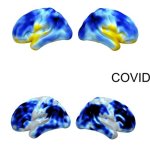
A significant number of Covid-19 neurological complications – such as fatigue, headache, and cognitive impairment – are ultimately reversible, according to new research.

A new type of AI companion is being designed to aid memory recollection, boost confidence and combat depression in people living with Alzheimer’s disease and other types of dementia.
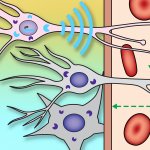
Using a novel probe for functional magnetic resonance imaging, researchers have devised a way to monitor individual populations of neurons and reveal how they interact with each other.
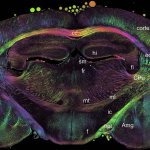
Scientists have developed a neutron-based method to study brain slices and gain a better understanding of neurological diseases.
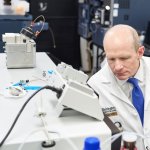
When combined with genetic risk factors, the test was up to 93 percent accurate at identifying people at risk of Alzheimer's dementia.
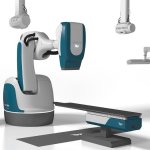
GenesisCare announced the establishment of the Accuray CyberKnife S7 robotic accelerator that delivers radiosurgery treatment guided by AI and synchronized with real-time imaging.
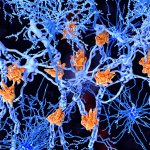
Nerve damage in multiple sclerosis can be detected via the concentration of neurofilament light chain in the blood. This could offer valuable information on future disease course and therapy effectiveness.
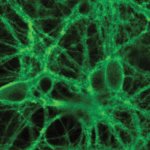
Researchers in Zurich have developed a fluorescent orexin biosensor to observe on of the brain's signaling molecules "live" to gain insights into constant daytime sleepiness (narcolepsy).
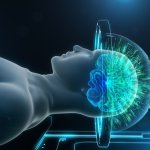
Children's National Hospital successfully performed the first-ever high-intensity focused ultrasound surgery on a pediatric patient with neurofibromatosis. This is the youngest patient to undergo HIFU treatment in the world.

There has to date been no reliable objective method of diagnosing tinnitus. Now, Swedisch researchers may have found a way to measure changes in the brain associated with constant tinnitus.
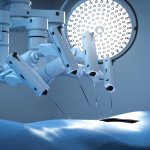
A literature review fleshes out key issues currently preventing the proliferation of robotic procedures, specifically their use in image-guided interventional procedures in the brain.
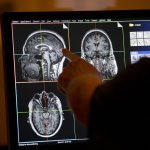
Cleveland Clinic has launched a landmark study to better understand why millions of people around the world suffer from brain diseases, with the goal of pinpointing disease biomarkers early, well before clinical symptoms present themselves.
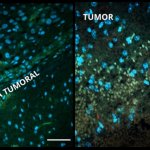
In both the mice and organoids, cytokines suppressed tumor growth after treatment, and defense cells migrated to the brain region affected by the tumor, alerting the immune system to its existence.

At Medica 2021, Elitac Wearables exhibited its latest innovations in wearables, which feature haptic feedback and integrated sensors. We spoke with Merijn Klarenbeek, the company’s CEO, about the medical applications of wearable electronics and sensors.
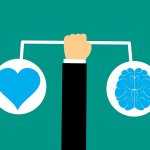
New study results show that though men are more likely to have heart conditions, the impact on their memory and thinking skills is lower.
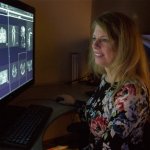
Researchers have studied the Spaceflight-Associated Neuro-Ocular Syndrome (SANS). For that they compared brain scans before and after spaceflight.
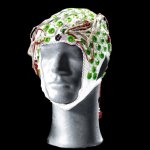
‘Bittium NeurOne is one of the quickest and most accurate EEG measuring devices in the world designed for clinical and research use,’ the manufacturer reports. ‘Bittium NeurOne system enables fully synchronised group measuring of up to 30 people simultaneously, for example in different types of psychological studies. ‘The solution is optimised for use with transcranial magnetic…

The NeuroShirt, developed from Elitac Wearables in collaboration with the University Medical Centre Utrecht (NL), is a patent-pending smart shirt that helps guide neurosurgeons during complicated skull-base surgeries. It connects to the neuronavigation system and continuously indicates both the distance and direction of critical structures through haptic feedback (vibrations). ‘This way,’ the…
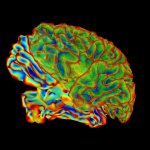
For the first time, researchers have used human data to quantify the speed of different processes that lead to Alzheimer’s disease and found that it develops in a very different way than previously thought. Their results could have important implications for the development of potential treatments.
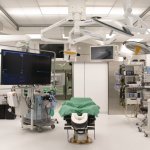
At their workplace, neurosurgeons often have to make compromises since most ORs were not designed with the specific needs of their discipline in mind. To address this issue the University Hospital in Essen, Germany, equipped an OR especially for neuro- and spine surgery. The aim is nothing less than revolutionizing the field with the help of digitalisation and cutting-edge technology.

The mechanisms by which the body measures temperature and regulates its own body heat are vital, but still poorly understood. The discovery of the first heat sensor on nerve cells in the skin, for which the U.S. molecular biologist David Julius received this year's Nobel Prize for Medicine, was therefore pioneering. However, a very similar heat sensor, the protein TRPM2, is active not only in the…
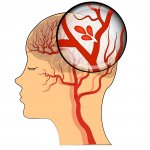
A new study shows that women are underrepresented in stroke clinical trials relative to the number who have strokes in the general population. The research is published in Neurology, the medical journal of the American Academy of Neurology. “Making sure there are enough women in clinical studies to accurately reflect the proportion of women who have strokes may have implications for future…

Researchers at Lund University in Sweden have developed a completely new stimulation method, using ultra-thin microelectrodes, to combat severe pain. This provides effective and personalised pain relief without the common side effects from pain relief drugs. The study, which was conducted on rats, has been published in the research journal Science Advances.
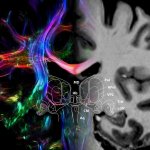
Neuroscientists at Technische Universität Dresden discovered a novel, non-invasive imaging-based method to investigate the visual sensory thalamus, an important structure of the human brain and point of origin of visual difficulties in diseases such as dyslexia and glaucoma. The new method could provide an in-depth understanding of visual sensory processing in both health and disease in the near…